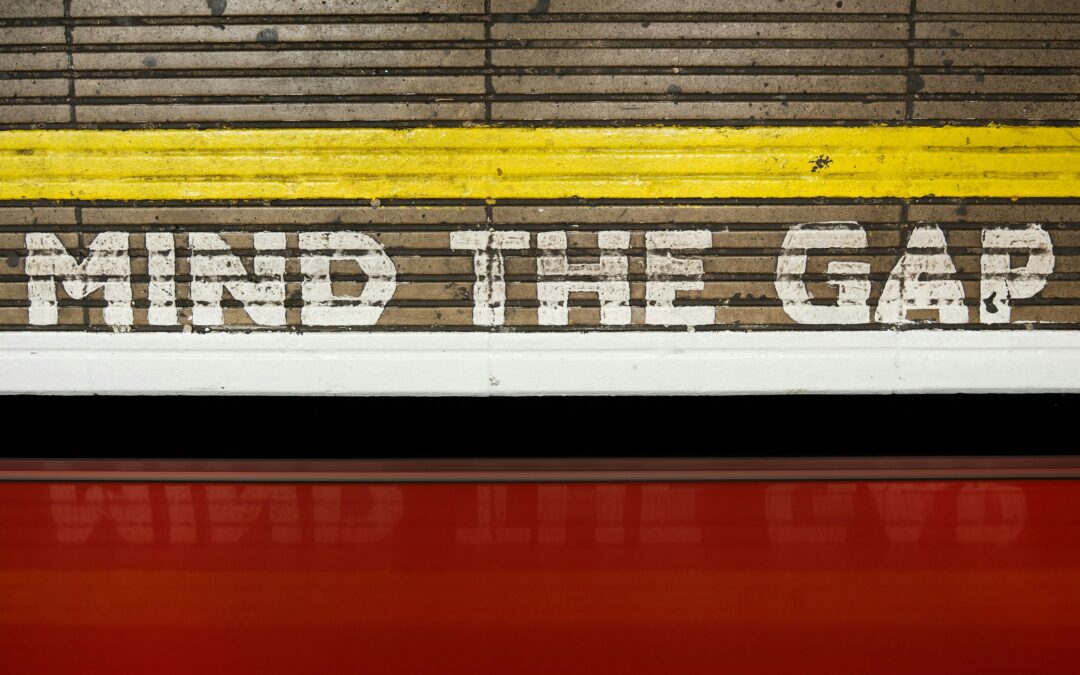One of the biggest ways to win your productivity battles is with the right mindset. We often know what we need to do and why it’s important. But we still often fail to reach our goals because we don’t have the right mindset.
Some of the best advice I’ve heard on mindset comes from a book called The Gap and the Gain by two of my favorite authors, Dan Sullivan and Dr. Benjamin Hardy. Sullivan is founder of Strategic Coach, Inc., and Hardy is an organizational psychologist.
In the book, Sullivan and Hardy compare and contrast two different mindsets that are very different from each other.
Our default is to look at the gap. We measure our success by comparing where we are currently to where we want to be. In the gap, you’re measuring forward against the goal you’re trying to achieve.
Measuring the gain is a positive mindset. The gain measures success based on your progress, comparing where you are today to where you started from. By measuring backwards, you can celebrate how far you’ve come
When you’re in the gap you are comparing yourself to everyone else. You’re trying to see how you measure up against their results. Focusing on the gain allows you to measure your results against yourself.
This idea has become real to me since I took up running. If I compared myself to the elite runners who complete a race in half the time I do, I’d never measure up. My skills could never measure up to theirs. But if I compare my finish time against previous races, now I can see improvement and reason to celebrate.
When you’re focused on gap thinking, you’re trying reach some ideal result or scenario and everything short of that is failure. But ideals change. The bar can move.
The salary I’m trying to reach today might seem insignificant in the future. This is especially true if you’re comparing your salary to someone else who is making more.
Focus instead on the gain. Remind yourself what you made when you first launched your first business. The joy you felt when you signed your first client or made your first sale. You’ve come a long way, and that success needs to be celebrated.
When you’re in the gain, you are living in the moment. You are present with your success and every day can be celebrated for the gains.
When you’re in the gap, you’re living for the future. This moment can feel empty and hollow because there is nothing to celebrate—only more to accomplish.
Ditching the gap mentality requires you to be intentional about your mindset. You have to train your brain to see the gains, not the gaps. It requires you to measure backwards rather than looking forward.
Practicing gratitude is a great way to shift your mindset. Look for three wins you can celebrate each day and focus on those instead of how far you need to go.
When you measure backwards, your gains are easy to identify. So, stop living in the gap and focus on the gains. This one mindset shift can have a tremendous impact on your productivity and your happiness.
Want to read The Gap and The Gain? Get it here in hardcover, paperback, and Kindle.
(These are affiliate links, which provide me a small commission when you click on the link and make a purchase. They do not affect your purchase price.)

